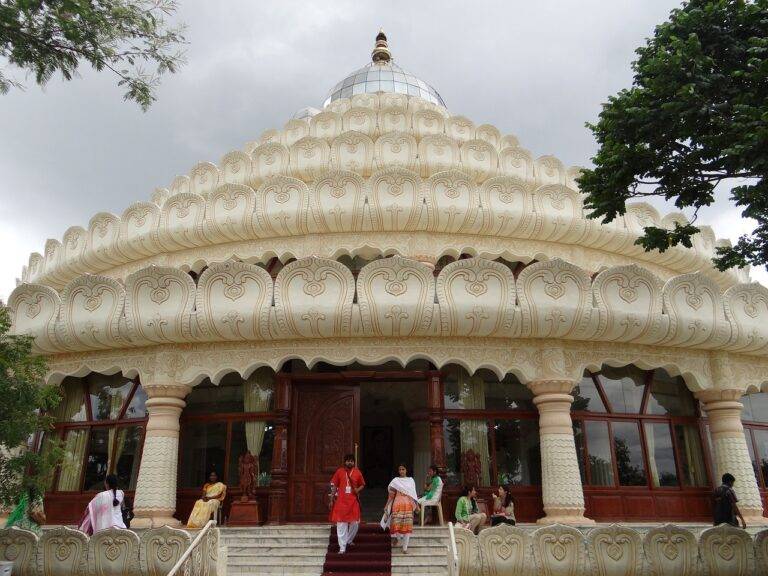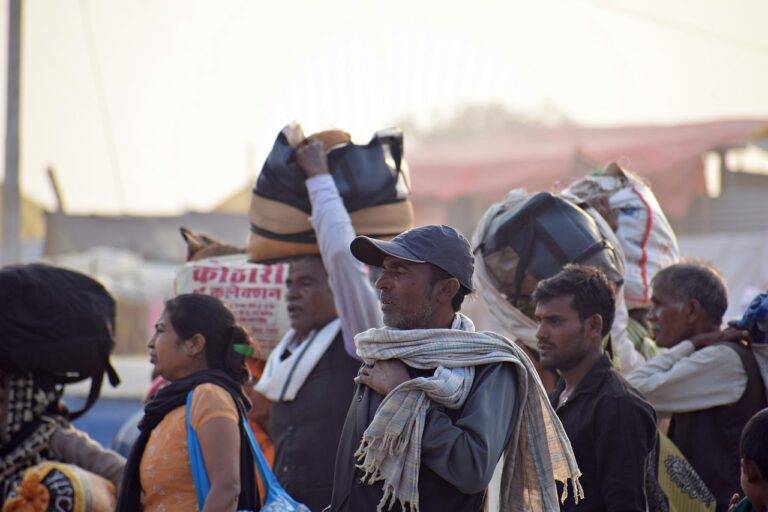The Role of Political Protests During Election Season
Throughout history, political protests during election season have been a key element of democratic societies. These protests serve as a platform for citizens to express their dissatisfaction with the political status quo and to call for change. Often characterized by rallies, marches, and public demonstrations, these protests are a way for individuals to make their voices heard and to hold their government accountable.
From the suffragette movement in the early 20th century to the civil rights marches of the 1960s, political protests have played a crucial role in shaping the course of history. These movements have brought attention to important social issues and have pushed for greater equality and justice in society. The act of protesting during election season sends a powerful message to political leaders and candidates, reminding them that they are accountable to the people they serve.
The Impact of Political Protests on Voter Turnout
Political protests have the potential to influence voter turnout during election season. When individuals participate in protests to advocate for specific political agendas, it can spark engagement and interest among other members of the community. This heightened sense of civic duty may motivate individuals to make their voices heard not only through protest but also by exercising their right to vote.
Moreover, political protests can serve as a catalyst for discussions about important issues and policies that may have been previously overlooked. As these conversations gain momentum, they can raise awareness among the public and inspire more people to take an active role in shaping the political landscape. In this way, political protests have the power to mobilize and energize voters, ultimately leading to an increase in voter turnout during elections.
The Connection Between Political Protests and Policy Changes
Political protests have long been seen as a powerful tool for bringing about policy changes in various countries around the world. These demonstrations often serve as a way for citizens to voice their discontent with existing policies and demand governmental action. When protests gain enough momentum and public support, they can effectively push policymakers to consider alternative solutions and enact new policies that reflect the demands of the people.
One notable example of the impact of political protests on policy changes is the Civil Rights Movement in the United States during the 1960s. Through nonviolent demonstrations and acts of civil disobedience, activists were able to draw attention to the injustices faced by African Americans, ultimately leading to the passage of landmark legislation such as the Civil Rights Act of 1964 and the Voting Rights Act of 1965. These legislative victories were direct results of the massive protests and grassroots movements that mobilized citizens across the nation.





